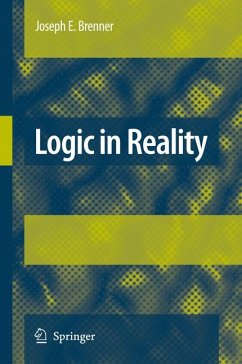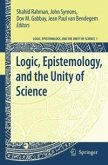This book is at the interface of logic, philosophy and science. It is intended for readers with interest and/or current involvement in process philosophy, ontology and in the philosophy or metaphysical aspects of science, especially, quantum physics, biology and cosmology. The content requires competence in reasoning, but not detailed knowledge of the fields discussed.
The critical extension in LIR of categorial non-separability to macroscopic interactive processes defines dynamic structural principles that underlie both scientific theories and their domains. LIR thus provides logical support for current metaphysical versions of structural realism. The author encourages readers to exercise a "new skepticism", since LIR is a way to interpret and accept dichotomies and contradictory explanations and to manage inconsistency in both philosophy and science.
Dieser Download kann aus rechtlichen Gründen nur mit Rechnungsadresse in A, B, BG, CY, CZ, D, DK, EW, E, FIN, F, GR, HR, H, IRL, I, LT, L, LR, M, NL, PL, P, R, S, SLO, SK ausgeliefert werden.









